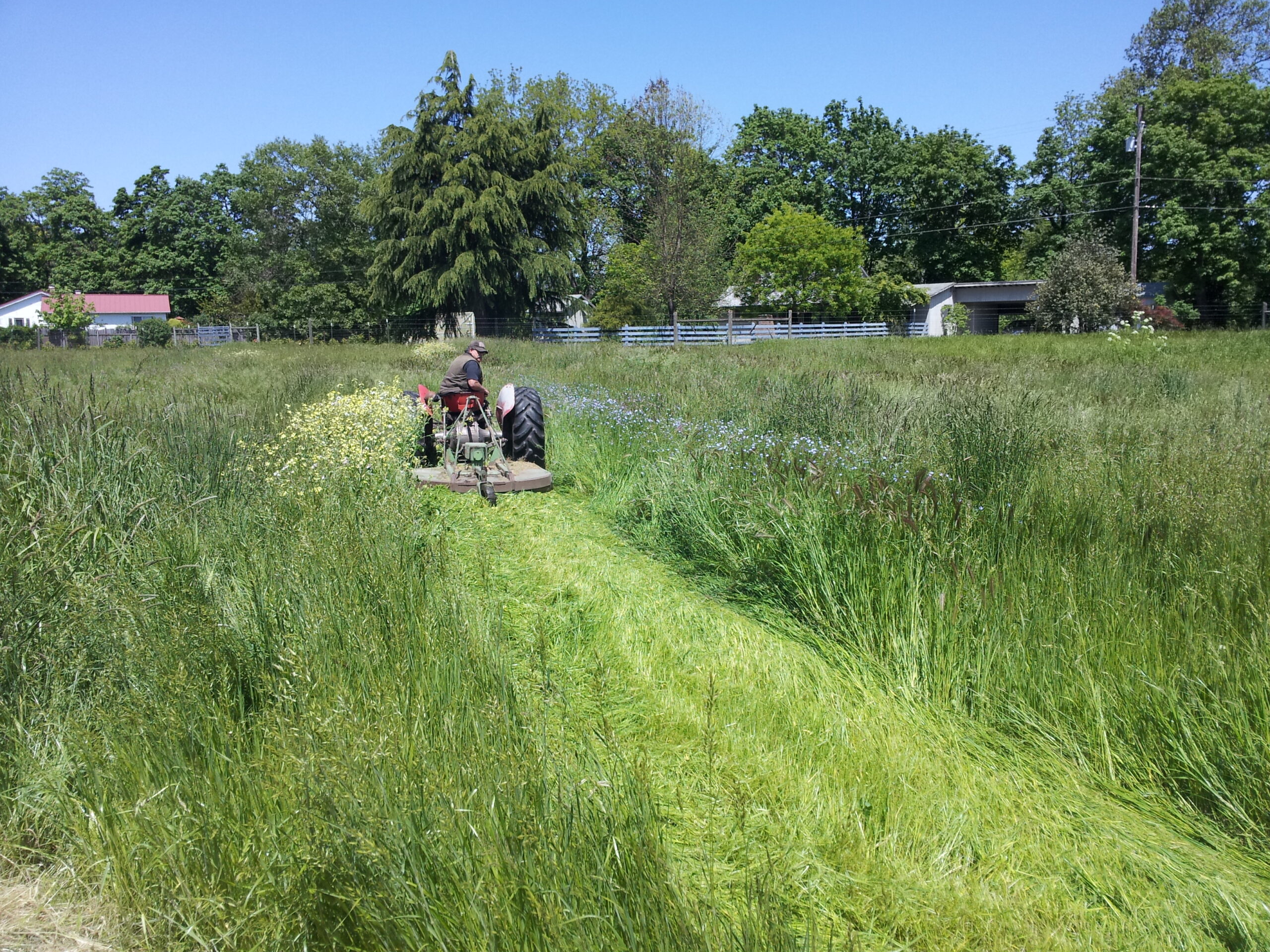Useful in almost all crops and is an environmentally safe
alternative to chemical fungicides. Priming exposes seed to stimuli, in response to
which a set of interlinked biochemical changes occurs such as activation of
enzymes, synthesis of growth-promoting substances, metabolism of germination
inhibitors and repair of cell damage. Bio-priming accelerates germination and
increases seedling emergence even in harsh weather conditions and problematic
soils.
The application of beneficial microorganisms (Trichoderma harzianum, Bacillus
spp., Azospirillum lipoferum, Pseudomonas fluorescens, Rhizobium spp., etc.)
improves soil properties, enhances plant growth and increases the activity of
symbiotic microbes. These organisms help transform insoluble inorganic nutrients
and their organic forms into soluble forms available for plant uptake through
solubilization or mineralization. Seed pre-soaking with the inoculation of
beneficial microorganisms promotes microbial colonization at the root zone of the
plant and enhances growth
Beneficial water-soluble chitosan oligosaccharide, a renewable, non-toxic,
polysaccharide derived from crustacean waste provides broad-spectrum antifungal,
antibacterial, and antiviral activity against pathogens. Many bio-priming agents or
bio-stimulants also upgrade plant resilience by stimulating root and shoot growth.
Ascophyllum nodosum, a marine plant harvested from the Atlantic and Arctic seas
has been extensively researched and shown to improve biomass yield and crop
quality. Applied at seeding to improve germination and at all plant growth stages.
Seed priming is a viable option to boost the performance of crops. Tapping the
metabolic pathways of bio-priming and the subsequent germination facilitates the
application of an inexpensive technology for maximizing seed performance.
Solutions for Emerging Environmental Conditions [email protected]

